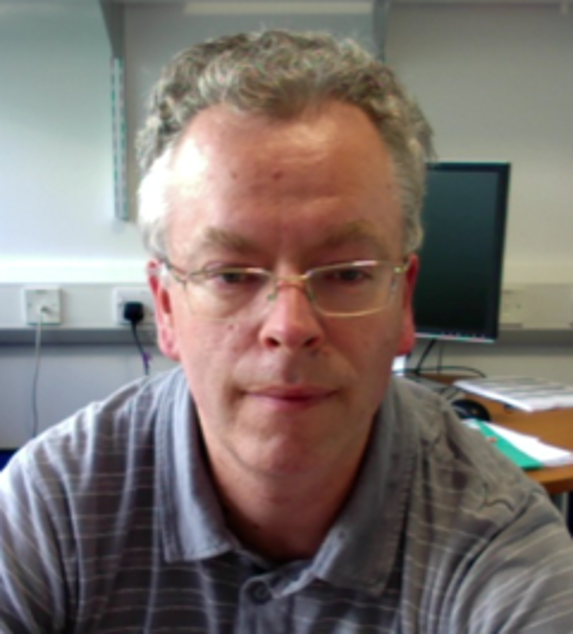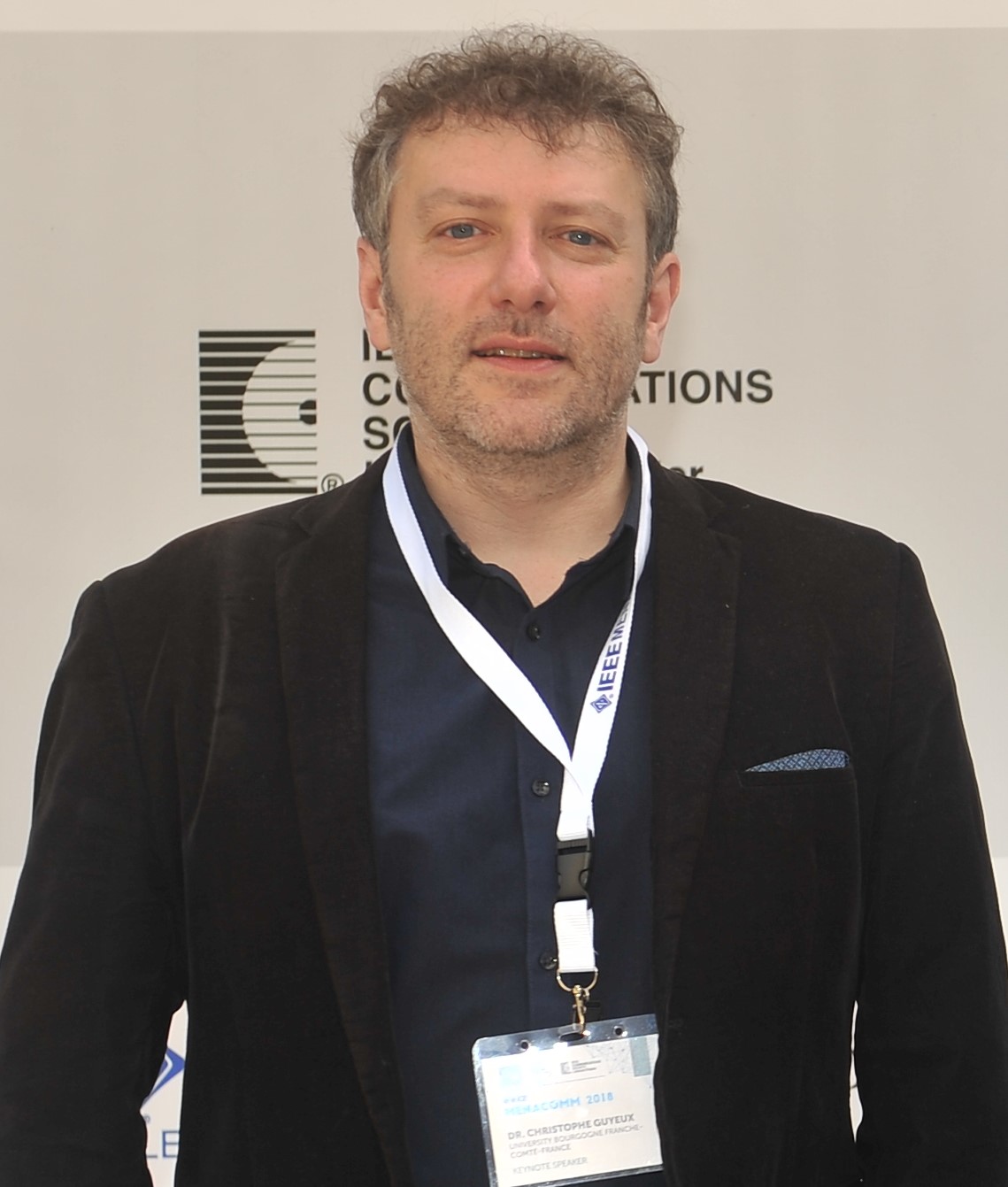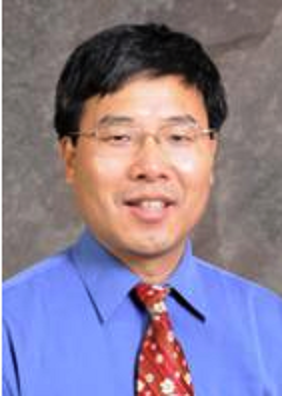
JMS is a Senior Lecturer in the School of Biological Sciences at the University of Manchester (UK). After a PhD in biomedical simulation, he worked at the Kyoto Bioinformatics Center on methods for metabolic pathway analysis, then joined the University of Manchester as a Principal Investigator in 2006. His research focuses on computational systems biology, including methods for high-throughput data integration and modelling of cellular pathways and systems. He has developed expertise in a wide range of computational techniques including constraint-based metabolic modelling, omics data analysis and integration, network reconstruction and analysis, Boolean and kinetic modelling. He is the author of >100 research papers published in international peer reviewed journals. He conducts a number of interdisciplinary projects in collaboration with experimental biologists, with applications covering both biomedicine (cancer, bone diseases) and biotechnology (yeast, algae and plant metabolism).

The research interests of Pr. Guyeux are in the areas of interdisciplinary sciences and complex systems. He applies techniques from mathematics and/or computer science to solve scientific questions raised in biology, environment, or computer science fields. Mathematical ingredients used to face complexity are discrete dynamical systems, probability and statistics, and numerical analysis, while artificial intelligence, optimization methods, graph theory, big data, and distributed computing are the computer science part of his research. Current areas of application in computer science include machine learning, information security (pseudorandom number generation, symmetric ciphers, hash functions, and information hiding), and wireless sensor networks (security issues, data survivability and aggregation, prognostic and health management based on WSN). In multidisciplinary sciences, he contributes to solve issues raised by colleagues in biology (microbiology, phylogeny, bioinformatics and computational biology, genomics) and environment (data analysis, clustering, etc.). Pr. Guyeux has a record of about 200 scholarly publications. Since 2010, he published 94 articles in peer- reviewed international journals (as a co-author, including the top-ranked ones in the areas of computer science and interdisciplinary applications, such as IEEE Transactions on Circuits and Systems I, AIP Chaos, or Clinical Infectious Diseases). He is co-author of 1 book chapter and 3 scientific monographs. He is also author of 4 software patents, 100 papers that appeared in proceedings of peer-reviewed international conferences, and 8 articles in peer-reviewed international and national workshops. The full list of publications is reported at the end of this document (page 11). Pr. Guyeux h-index is 26, and the i10-index is 79 (resp. 20 and 55 since 2017) according to Google Scholar that counts 2,687 citations (1,872 since 2017) as of February, 2022.

Dr FangXiang Wu is currently a full professor in the College of Engineering and Department of Computer Sciences at the University of Saskatchewan. His research mainly focuses on artificial intelligence and digital health, specifically, machine/deep learning, computational biology, health informatics, drug repositioning, medical image analytics, and complex network analytics. Dr Wu's research was featured in more than 460 peer-reviewed papers in refereed journals and conference proceedings with the total Google citations of over 9500 and the H-index of 47. Dr Wu is recognized a world's top 2% most-cited scientists ranked by Stanford University. Dr Wu has been the editor or associate editor of several refereed journals (including IEEE/ACM Transactions on Computational Biology and Bioinformatics, Neurocomputing, Scientific Reports, etc.) and the lead guest editor of numerous refereed journals. He has also served over 50 international conferences as the program committee chairs or members.
GABRIEL A. WAINER, FSCS, received the M.Sc. (1993) at the University of Buenos Aires, Argentina, and the Ph.D. (1998, with highest honors) at UBA/Université d’Aix-Marseille III, France. In July 2000, he joined the Department of Systems and Computer Engineering at Carleton University (Ottawa, ON, Canada), where he is now Full Professor. He has held visiting positions at the University of Arizona; LSIS (CNRS), Université Paul Cézanne, University of Nice, INRIA Sophia-Antipolis, Université de Bordeaux (France); UCM, UPM, UPC (Spain), University of Buenos Aires, National University of Rosario (Argentina) and others. He is one of the founders of the SCS/ACM/IEEE Symposium on Theory of Modeling and Simulation, SIMUTools and SCS/ACM/IEEE SimAUD. Prof. Wainer was Vice-President Conferences and Vice-President Publications and is a member of the Board of Directors of the SCS, Society for Modeling and Simulation International. He has published over 400 research articles and five books in the field of Modeling and Simulation. Prof. Wainer is Editor in Chief of SIMULATION, member of the Editorial Board of Journal of Simulation (Taylor and Francis) IEEE Computing in Science and Engineering, Wireless Networks (Elsevier), Journal of Defense Modeling and Simulation (SCS). He is the head of the Advanced Real-Time Simulation lab, located at Carleton University's Centre for advanced Simulation and Visualization (V-Sim). He helped organizing over 150 conferences including ACM SIGSIM PADS and Winter Simulation Conference (co-sponsored by ACM). He has been the recipient of various awards, including the IBM Eclipse Innovation, SCS Leadership, and various Best Papers. He has been awarded Carleton University's Research Achievement Award (2005, 2014), the SCS Outstanding Professional Award (2011), Carleton University’s Mentorship Award (2013), the SCS Distinguished Professional Award (2013), the SCS Distinguished Service Award (2015), Nepean’s Canada 150th Anniversary Medal (2017), ACM Recognition of Service Award (2018), IEEE Outstanding Engineering Award (Ottawa Section - 2019). He is a Fellow of SCS.